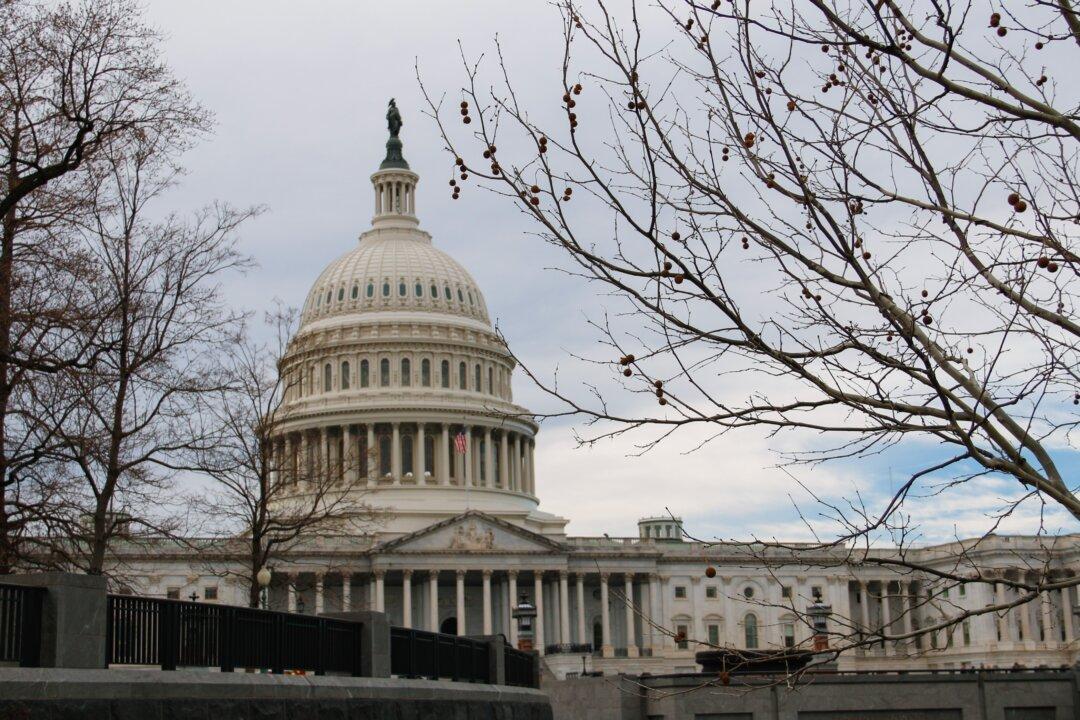The U.S. Senate on March 8 overwhelmingly approved a House-passed bill that would overturn a controversial D.C. crime law that critics have blasted as soft on crime. The measure will next go to the desk of President Joe Biden, who’s said he wouldn’t veto the bill.
The chamber passed the measure in an 81–14 vote.





